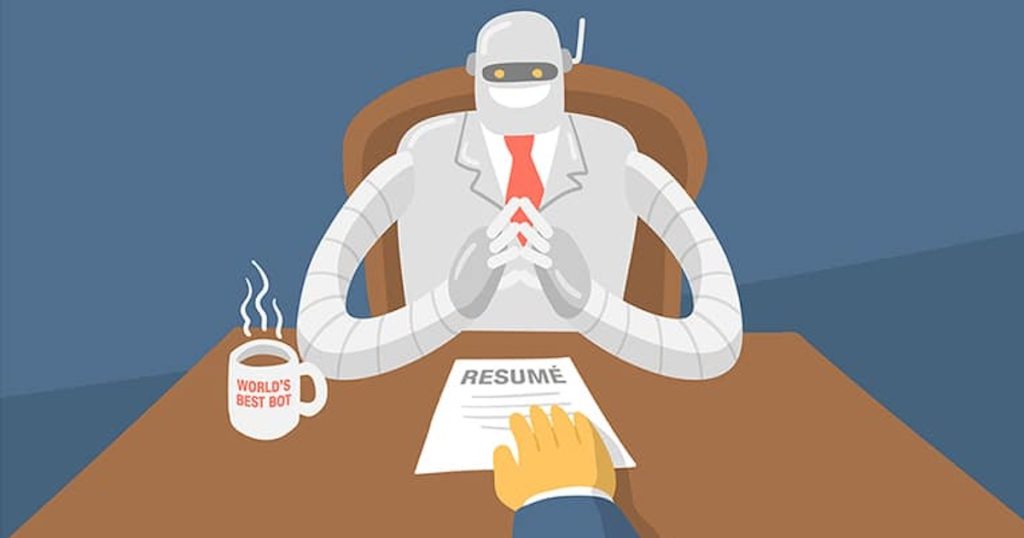Artificial Intelligence (AI) has taken the world by storm, and it is affecting how we are getting hired.
To date, many companies have incorporated forms of AI into their hiring processes. Consumer goods giant Unilever first used AI to hire entry-level roles in 2016 as part of their digitalisation plans, claiming to have cut down time spent on reviewing applications by 75 per cent. Along with other big-name entities, they have taken another step forward by conducting AI-led interviews.
However, some have argued that AI-led, automated and even asynchronous interviews have made the job hunting process a lot more harder than it already is.
AI interviews in Asia – yay or nay?
But first, we need to acknowledge that most companies that have extensively incorporated AI into their hiring processes are from Western continents: North America and Europe. With this in mind, one might wonder if this trend is making waves in the East.
The answer to that question is yes – but not without resistance.
Let’s take South Korea, known for their competitive education and work culture, as an example. In an article by Reuters, the country saw an increase in career coaching services aimed at helping job hunters pass job interviews conducted by AI chatbots.
One might question the demand for such classes, as it seems to be an extremely niche area. However, with the rising youth unemployment rate and the “need” to attend cram schools – after-school academies otherwise known as hakwon in Korean – it is clear that people are looking to stand out from the rest in the never-ending rat race.
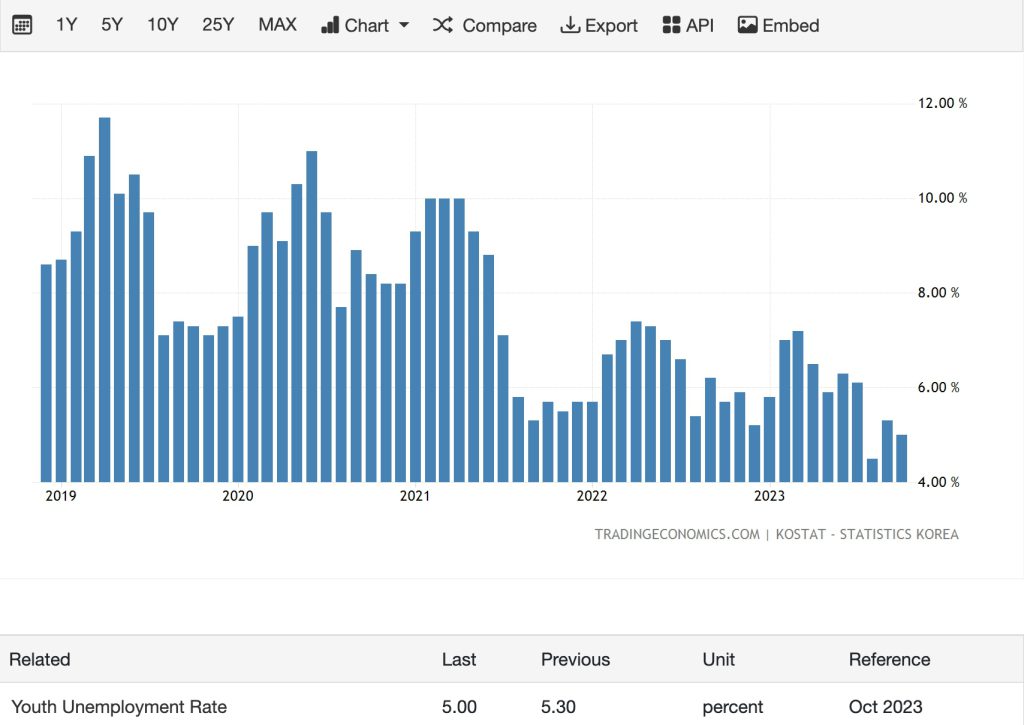
With large conglomerates such as SK Group and Samsung pivoting to AI-led interviews, the public’s response has been polarising. While some have succeeded in their job hunting with the help of these classes, others have decided to temporarily step out of the rat race.
To them, there is a fear that they will not be able to adapt to the changes, and any preparations seem meaningless as the AI software will be able to detect any abnormalities in their facial expressions. This creates a rather dystopian outlook into what young job seekers will face in South Korea and possibly in the future.
Similar sentiments can also be seen in Singapore, with more fresh graduates struggling to secure full-time job roles despite having university degrees in recent years.
A joint study conducted by National University of Singapore (NUS) Business School, International Institute for Management Development (IIMD) and The Hong Kong Polytechnic University found that the majority of their participants deem AI used in recruitment as untrustworthy, citing that the technology could not capture the uniqueness of each candidate.
It is worth noting that this study was conducted between 2017 and 2018, and video interviews have since become more normalised due to the COVID-19 pandemic. New technologies such as Machine Learning and AI have also become more advanced and integrated into our daily lives. Regardless, these findings and sentiments are still relevant today.
Despite tech advancements, AI interviews remain unpopular among candidates
Impressing human recruiters is already daunting, so with the introduction of AI interviews and recruiters, one might be scratching their heads, thinking, “How can I impress an algorithm?” and might feel fearful at the thought of being evaluated by robots.
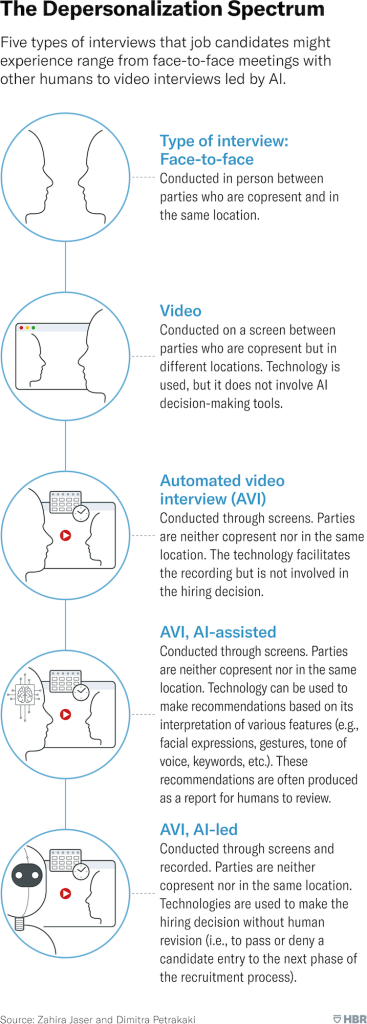
According to a research report by Harvard Business Review, candidates are often left in the dark or unclear of how the interview is being conducted, specifically the extent to which AI will be used during the assessment processes. This raises concerns about misinformation from hiring companies and puts candidates at a disadvantage in the hiring process.
Some job seekers are also daunted by the asynchronicity of the interviews – where they “pitch” themselves to companies via timed video recordings and online tests. They express that the lack of interaction with an actual person causes them to conduct themselves differently.
This situation creates a feeling of ‘existential dread’ – the panic felt in the absence of human interaction and social cues when deemed necessary. Instead of feeling more comfortable and confident, candidates experience higher levels of stress and anxiety from the impersonal tests.
Because of this, some job seekers chose not to apply to certain job roles upon learning that they have to pass an automated video interview (AVI). They cite feeling demoralised by the rejection they face before having the chance to interact with an actual person working in the company.
AI also streamlines the hiring process
Having said that, we cannot deny the impact that AI has brought to the human resources (HR) sector worldwide. With the advent of generational AI, notably ChatGPT, many career consultants and recruiters have taken to social media to share how candidates can use AI to prepare for job interviews, whether conducted synchronously or asynchronously.
Many job seekers, myself included, have received the same advice when it comes to crafting our resumes and cover letters — that they should not exceed one page and be as ‘short and sweet’ as possible. Using ChatGPT is known to provide suggestions on conveying our experiences and job history in a cohesive and effective manner.
Recently, we have also seen the emergence of new startups offering their unique solution to streamline the hiring process for both businesses and individuals. OppTy is one such startup in Singapore, providing an omnichannel platform for job seekers to seek employment as well as resources to guide them through the processes. It also caters to businesses looking to increase the efficiency of their hiring practices.
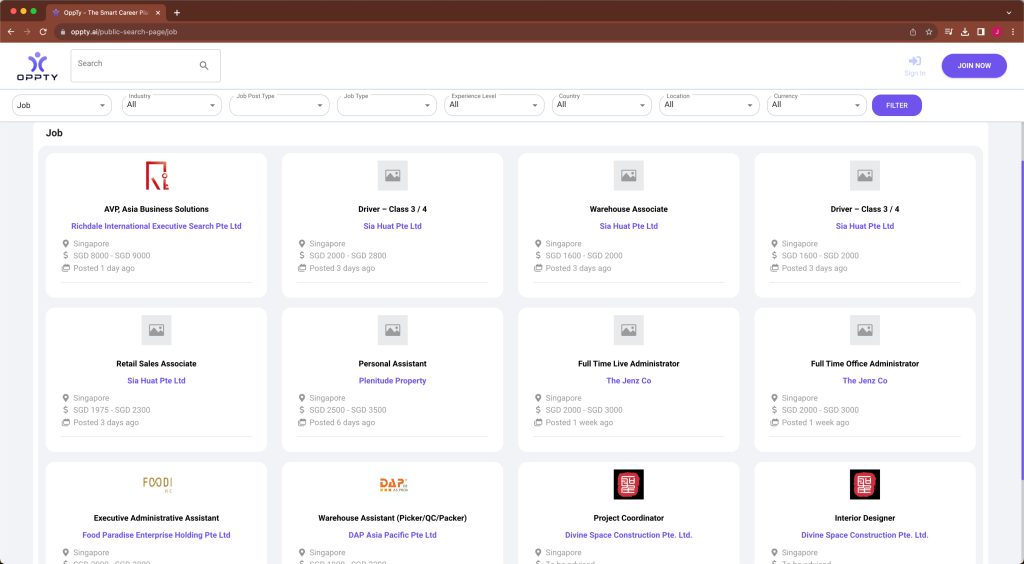
In his previous interview with Vulcan Post, Jansen Gwee, founder of OppTy, shared that all processes, including interviews – are facilitated by AI to eliminate the need for repetitive administrative work. The platform had more than 5,000 users and 1,800 companies at the time of the interview.
The technology behind it is still immature
However, at this point, AI interviews have yet to become a foolproof way of evaluating potential hires, with most solutions being tailored to businesses rather than candidates, which explains the scepticism towards the reliability of AI interviews.
Many reports have highlighted that since AI works off historical data, biassed sources perpetuate greater prejudice than reduce it, leading to unintentional discrimination among candidates.
All humans have an innate need to feel a sense of belonging, whether at home, school, or work. It is important for companies to establish relationships with their employees, including those who have not yet worked with them. If companies choose to rely heavily on AI for interviews, candidates often feel drained from the process and eventually feel lost on how to improve themselves for future interviews.
Ironically, this calls for AI to be trained by humans on a broader range of nuances from human job seekers. A study showed that although AI is able to evaluate interviewees according to measurable metrics, it cannot detect the unique and ‘novel’ nuances and social cues that candidates exhibit during interviews, often resulting in inaccuracies in its evaluation. This implies that the hiring process might be dehumanised with greater AI integration without proper regulation.
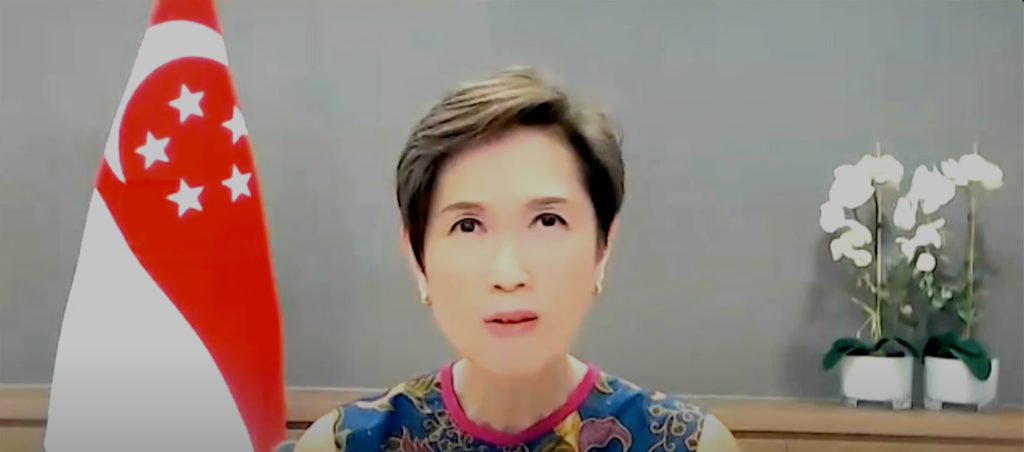
Last month, Second Minister for Home Affairs and Minister for Communications and Information Josephine Teo virtually attended the Fourth European AI Alliance Assembly, where she emphasised the need to build trust in AI across different industries and countries.
In her speech, she acknowledged the potential that AI has in society, as well as the risks involved when one chooses to misuse it, requiring collaboration between the public and private sectors.
To accelerate the widespread adoption of AI, everyone needs to feel that the technology is fair, safe and beneficial. Governments play an essential role in helping to build the public trust, to address concerns that AI will bring disruption to workplaces and livelihoods. That is one area that we must work on.
We must also set up guardrails for the ethical development and use of AI. And critically, we must also ensure that organisations are accountable and transparent about the use of AI.
– Minister Josephine Teo, Second Minister for Home Affairs and Minister for Communications and Information
She also shared that Singapore has been experimenting with AI as early as 2019, making it one of the first countries in Asia to do so. The government has also been working with various entities such as Google and Salesforce as part of their experimentation in using AI safely.
So what does this mean for job seekers in Singapore? Although AI will continue to be used in the HR sector, it will play a complementary role to human recruiters.
Moreover, there is more room for growth and advancements in AI’s ability to accurately evaluate job candidates. But with greater exposure and research, AI has a bigger potential to disrupt the job market worldwide in the future.
Featured Image Credit: Hult Blogs


